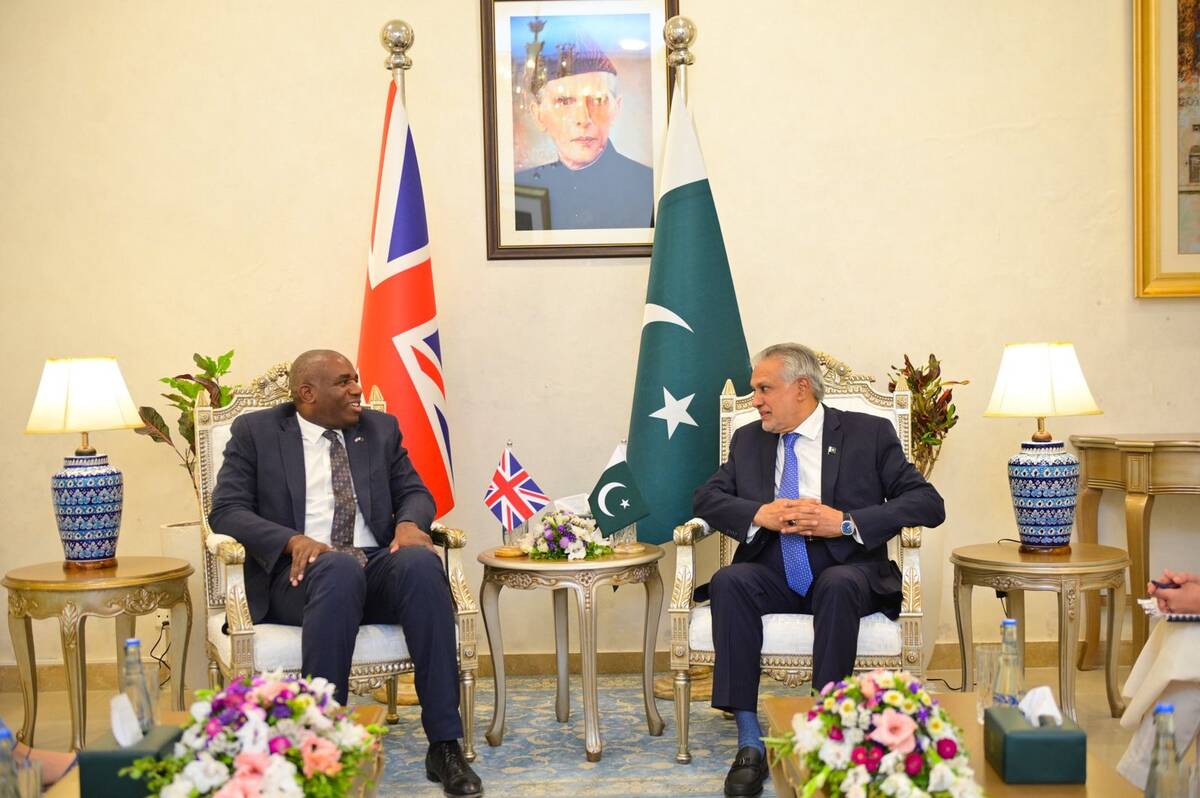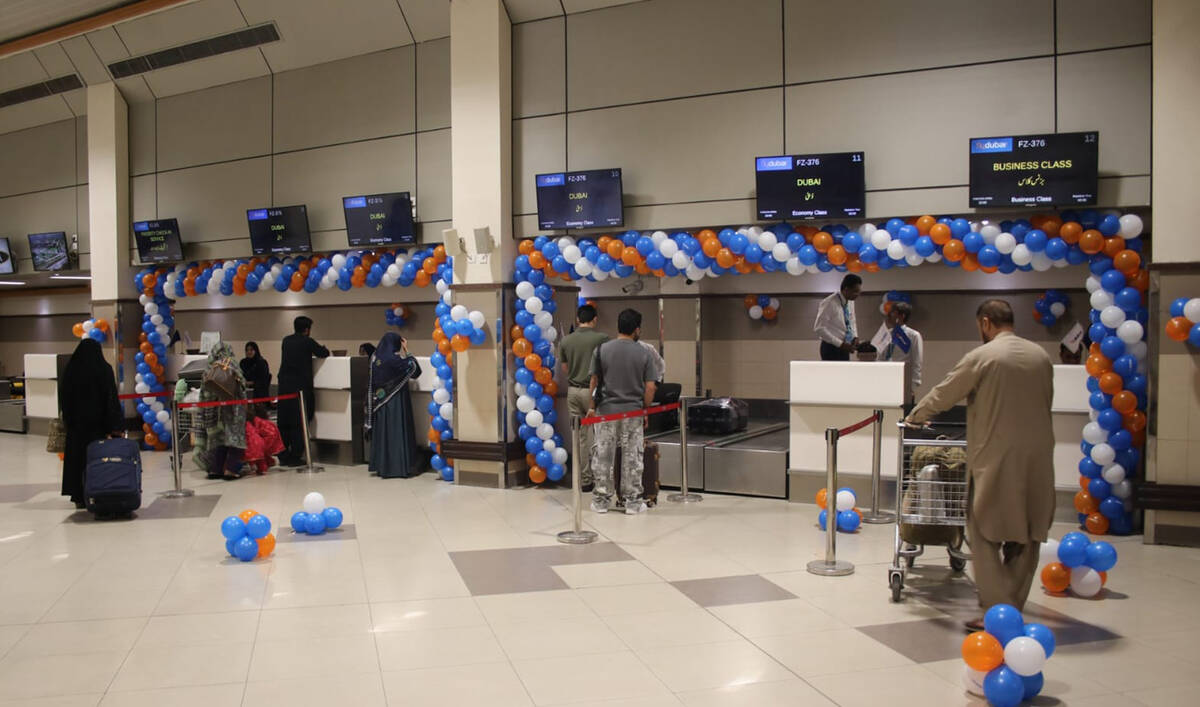They arrive at the US border from around the world: Eritrea, Guatemala, Pakistan, Afghanistan, Ghana, Uzbekistan and so many other countries.
They come for asylum, insisting they face persecution for their religion, or sexuality or for supporting the wrong politicians.
For generations, they had been given the chance to make their case to US authorities.
Not anymore.
“They didn’t give us an ICE officer to talk to. They didn’t give us an interview. No one asked me what happened,” said a Russian election worker who sought asylum in the US after he said he was caught with video recordings he made of vote rigging. On Feb. 26, he was deported to Costa Rica with his wife and young son.
On Jan. 20, just after being sworn in for a second term, President Donald Trump suspended the asylum system as part of his wide-ranging crackdown on illegal immigration, issuing a series of executive orders designed to stop what he called the “invasion” of the United States.
What asylum-seekers now find, according to lawyers, activists and immigrants, is a murky, ever-changing situation with few obvious rules, where people can be deported to countries they know nothing about after fleeting conversations with immigration officials while others languish in Immigration and Customs Enforcement custody.
Attorneys who work frequently with asylum-seekers at the border say their phones have gone quiet since Trump took office. They suspect many who cross are immediately expelled without a chance at asylum or are detained to wait for screening under the UN’s convention against torture, which is harder to qualify for than asylum.
“I don’t think it’s completely clear to anyone what happens when people show up and ask for asylum,” said Bella Mosselmans, director of the Global Strategic Litigation Council.
RESTRICTIONS FACE CHALLENGES IN COURT
A thicket of lawsuits, appeals and countersuits have filled the courts as the Trump administration faces off against activists who argue the sweeping restrictions illegally put people fleeing persecution in harm’s way.
In a key legal battle, a federal judge is expected to rule on whether courts can review the administration’s use of invasion claims to justify suspending asylum. There is no date set for that ruling.
The government says its declaration of an invasion is not subject to judicial oversight, at one point calling it “an unreviewable political question.”
But rights groups fighting the asylum proclamation, led by the American Civil Liberties Union, called it “as unlawful as it is unprecedented” in the complaint filed in a Washington, D.C., federal court.
Illegal border crossings, which soared in the first years of President Joe Biden’s administration, reaching nearly 10,000 arrests per day in late 2024, dropped significantly during his last year in office and plunged further after Trump returned to the White House.
Yet more than 200 people are still arrested daily for illegally crossing the southern US border.
Some of those people are seeking asylum, though it’s unclear if anyone knows how many.
Paulina Reyes-Perrariz, managing attorney for the San Diego office of the Immigrant Defenders Law Center, said her office sometimes received 10 to 15 calls a day about asylum after Biden implemented asylum restrictions in 2024.
That number has dropped to almost nothing, with only a handful of total calls since Jan. 20.
Plus, she added, lawyers are unsure how to handle asylum cases.
“It’s really difficult to consult and advise with individuals when we don’t know what the process is,” she said.
DOING ‘EVERYTHING RIGHT’
None of this was expected by the Russian man, who asked not to be identified for fear of persecution if he returns to Russia.
“We felt betrayed,” the 36-year-old said. “We did everything right.”
The family had scrupulously followed the rules. They traveled to Mexico in May 2024, found a cheap place to rent near the border with California and waited nearly nine months for the chance to schedule an asylum interview.
On Jan. 14, they got word that their interview would be on Feb 2. On Jan. 20, the interview was canceled.
Moments after Trump took office, US Customs and Border Protection announced it had scrubbed the system used to schedule asylum interviews and canceled tens of thousands of existing appointments.
There was no way to appeal.
The Russian family went to a San Diego border crossing to ask for asylum, where they were taken into custody, he said.
A few weeks later, they were among the immigrants who were handcuffed, shackled and flown to Costa Rica. Only the children were left unchained.
TURNING TO OTHER COUNTRIES TO HOLD DEPORTEES
The Trump administration has tried to accelerate deportations by turning countries like Costa Rica and Panama into “bridges,” temporarily detaining deportees while they await return to their countries of origin or third countries.
Earlier this year, some 200 migrants were deported from the US to Costa Rica and roughly 300 were sent to Panama.
To supporters of tighter immigration controls, the asylum system has always been rife with exaggerated claims by people not facing real dangers. In recent years, roughly one-third to half of asylum applications were approved by judges.
Even some politicians who see themselves as pro-immigration say the system faces too much abuse.
“People around the world have learned they can claim asylum and remain in the US indefinitely to pursue their claims,” retired US Rep. Barney Frank, a longtime Democratic stalwart in Congress, wrote last year in the Wall Street Journal, defending Biden’s tightening of asylum policies amid a flood of illegal immigration.
AN UNCERTAIN FUTURE
Many of the immigrants they arrived with have left the Costa Rican facility where they were first detained, but the Russian family has stayed. The man cannot imagine going back to Russia and has nowhere else to go.
He and his wife spend their days teaching Russian and a little English to their son. He organizes volleyball games to keep people busy.
He is not angry at the US He understands the administration wanting to crack down on illegal immigration. But, he adds, he is in real danger. He followed the rules and can’t understand why he didn’t get a chance to plead his case.
He fights despair almost constantly, knowing that what he did in Russia brought his family to this place.
“I failed them,” he said. “I think that every day: I failed them.”



















